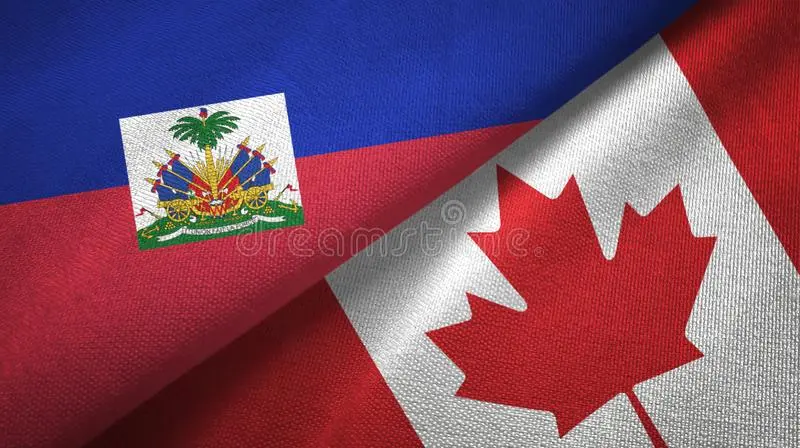The first day of the two-day visit of U.S. Secretary of State Antony Blinken was dominated mainly by the situation in Haiti. Not having the intention to send troops, the United States intends to do everything to convince its partners to take this responsibility.
At the end of a meeting Thursday between the Minister of Foreign Affairs of Canada, Melanie Joly and the Secretary of State of the United States, Antony Blinken, the two officials gave a joint press conference on the war in Ukraine, the situation in Iran, the organization of the next G20, and also and especially the Haitian crisis.
The U.S. Secretary of State, in remarks relayed by the Canadian press, described the situation in Haiti as unbearable, while praising the leadership of the Canadian government in obtaining a common front at the UN to support Haiti through international support to strengthen security in the country.
Our countries have worked closely together to try to cut the knot of insecurity and solve the problem of gangs. A collaboration that includes supporting the Haitian National Police with technical equipment and support. Recently, as you know, Canada has provided armored vehicles to the Haitian National Police with our collaboration. At the same time, we are trying to break the link between these gangs and some of the political actors who are funding and running them, and that is through the sanctions that were recently proposed at the United Nations as well as the sanctions that we are applying on our own to try to get at those who are supporting and running the gangs,” said U.S. Secretary of State Antony Blinken.
Regarding the multinational force, the U.S. chief diplomat said he discussed with his Canadian counterpart Melanie Joly what form the mission should take and what the contributing countries would need. “We have both spoken with various countries to assess their interest and willingness to participate in this mission,” said Antony Blinken. The U.S. diplomat said he appreciates the fact that Canada has just sent an assessment team to Haiti to look at what would really be needed in terms of police support. But the goal of such a mission would be to help the Haitian National Police do their job to make sure that the state is in control again, not the gangs, which right now is one of the biggest problems we face in moving forward and helping Haiti,” he concluded.
For her part, the Head of Canadian Diplomacy, Melanie Joly, said that Canada, which is under pressure from the United States to lead a possible international intervention force in Haiti, considers it important before anything else to make “a proper assessment of the situation on the ground. It is in this sense that Minister Joly also said that his country has sent an assessment team able to see the level of organization of the Haitian police and also make a take of the security situation and determine the tools available to the Haitian government to fight against the notorious bandits who sow terror among the Haitian population. “We are looking at different options, but we want to make sure we have a good assessment of the situation,” she said at the joint press conference.
“We need the support of the Haitian population.”
In the presence of Antony Blinken Minister Melanie Joly especially insisted on the need for the support of the Haitian population before anything else. “I have said many times, … there will be no decision taken without the involvement of the Haitian people. I have always said that it will be by and for the Haitians because in the end, it is for their good. Currently, it is the people who are suffering in Haiti”, regrets the Canadian minister.
When asked about the financing of this potential multinational force, Minister Joly said that Canada has already provided $40 million since the beginning of this year for the Haitian police, which her country has supported since its creation. However, she said, “what we are seeing today is that more help is needed and that the Haitian police must be able to manage gangs, which is not the case at the moment. That is why the assessment team is currently in Haiti to determine the level of organization of the Haitian police and the security situation. What does the Haitian government have in terms of tools to deal with gangs? That’s why we are looking at different options, but we want to make sure we have the right assessment,” she said.
It should be noted that the idea of the formation and dispatch of a multinational force to Haiti in early November is taking shape. According to our information, Canada is about to give its approval to take command of this multinational force, according to an official of the U.S. administration who spoke to ZoomHaitinews and CaribebanTelevisionNetwork on condition of anonymity.”







